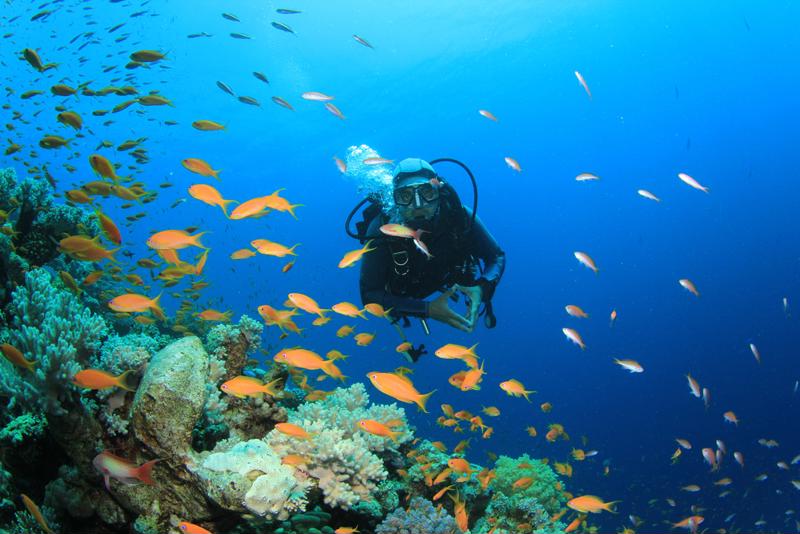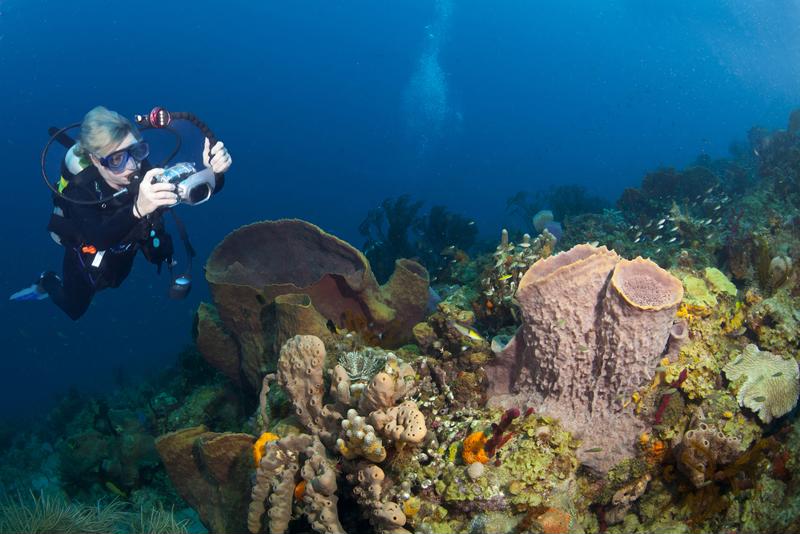If you’ve never gone scuba diving before, Hawaii is the perfect place to try it! The clear water and beautiful reefs will give you plenty to explore. Here are seven tips you should keep in mind when you head out on your first diving trip:
1. Ask questions
There’s a lot to learn when scuba diving, so it’s easy to get overwhelmed. If you find yourself losing track of what the instructor is saying, ask questions. In fact, you should be doing this even if you’re taking in every word. Anything that pops into your head is worth asking – it’s better to feel silly than to miss out on vital information.
2. Admit if your nervous
If you’re feeling some trepidation at the idea of entering the open water, let your diving instructor know. He or she should be able to give you some tips specific to the dive and location. Make sure you learn all of your instructor’s hand signals, particularly the ones for “I’m freaking out and I need help calming down.” Your instructor can be your biggest supporter in the water.

3. Learn in a group
If you’re diving for the first time with exclusively experienced divers, you’re going to feel in over your head. You might assume you’ll feel more secure because of your companions’ expertise. However, the reality is, unless they’re all trained in helping newbies, they’re likely to forget what it was like to dive for the first time and overestimate your abilities.
4. Dive healthy
Sneezing in a diving mask isn’t fun. Throwing up in a mask is even less so. Only go diving if you’re feeling in top physical condition. Even something as simple as a slight cold can be ruinous on a dive – one of the most common diving injuries is caused by pressure in the sinuses, which congestion is sure to exacerbate.
5. Consider state of mind
Scuba diving can be dramatically affected by how you feel when you go into the water. This means, if you’re feeling positive and optimistic, you’re more likely to have a good dive. If you’re feeling like the world is going to end, the odds are good you’ll freak out. This doesn’t mean you can’t dive while nervous, but it does mean you should actively work to think positive thoughts.

6. Swim with the current
Once you’re under the water, you should try to use as little energy as possible. Big movements mean big breaths, which will make you use up your tank faster and need to surface sooner. Swim with the current, and make very small kicks with your feet. It’s OK if you’re moving slowly, as long as you’re breathing to match.
7. Keep breathing
Breathing underwater feels wrong, even when it’s possible. You may have to remind yourself to breathe in and out, particularly when you first enter the water. That’s fine – just make sure you’re doing it. On the flip side, avoid breathing too heavily. This is particularly common for nervous divers – if you think you might be prone to quicker breathing, count the seconds you breathe in and out, and try to slow down.

